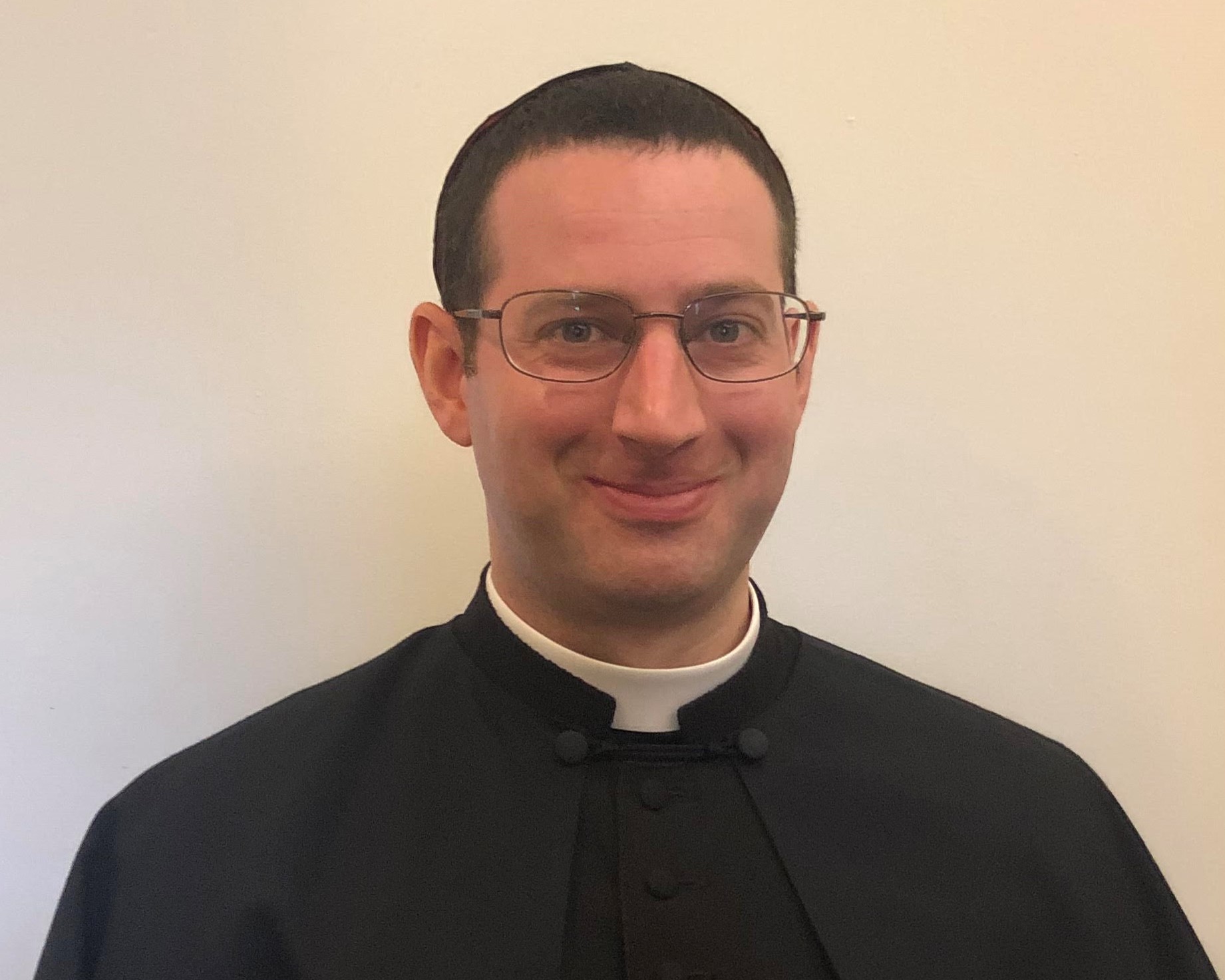In a previous article, the Infused Virtues, the Gifts of the Holy Ghost, and the supernatural acts of one who possessed them were discussed. At the conclusion, it was stated that it is not just a question of possessing or not possessing the Virtues and the Gifts, but also of how strong they are, for they grow as Sanctifying Grace increases. Continuing from where that article concluded, Sanctifying Grace can be increased in three ways.
The first way by which Sanctifying Grace can be increased is by the fruitful reception of any of the Sacraments. The Sacraments are the primary means established by Christ to distribute the supernatural fruits of His Passion and Death, in particular Sanctifying Grace. For while Sanctifying Grace is a fruit in-and-of itself, it is also the principle, or root, of others (such as the Infused Virtues and the Gifts of the Holy Ghost). That Sanctifying Grace is the principle of the Infused Virtues and the Gifts explains why they are stronger when a greater degree of Sanctifying Grace is present. The more perfect the principle (Sanctifying Grace), the more perfect what it can produce (the Virtues and the Gifts). But the amount of Sanctifying Grace received in the fruitful reception of a Sacrament will depend on the disposition of the recipient. This is why it is important for one to prepare oneself, to recollect oneself, insofar as one can with God’s assistance, before the reception of any Sacrament. And this should be done both proximally (i.e., just before the reception) and remotely (i.e., in the period of time leading up to the reception). As each Sacrament requires different dispositions, it would be beyond the scope of this present article to address them all, but various works (such as the Roman Catechism) provide this information. In general, however, acts of Faith, Hope, Charity, and Contrition would always be proper. It should be noted that all of the Sacraments, except Baptism and Penance, suppose that the recipient is in a State of Grace.
Prayer is a second way Sanctifying Grace can be increased in the soul. One can directly ask God in prayer that He provide an increase of Grace in the soul. In response to such a prayer, God may grant an increase of Sanctifying Grace according to His Wisdom, Mercy, and Love.
Lastly, Sanctifying Grace is a supernatural reward given for meritorious works. God has promised that for good acts done by those in a State of Grace, and which are animated by Charity and other associated Infused Virtues, He will bestow a supernatural reward. Note here that it is not a supernatural reward for a natural good act, but rather, it is a supernatural reward for a divinized act of an adopted child of God (as the previous article explained). Supernatural for supernatural. A primary part of this supernatural reward is a proportional increase of Sanctifying Grace. It is important to note that the reward is proportional, not to the difficulty of the act, but to the Charity which animated it. In working on her sewing, the Blessed Virgin Mary merited more than a martyr undergoing his sufferings because she was animated by a greater degree of charity.
While Sanctifying Grace can grow, it can also be lost. By one mortal sin, Sanctifying Grace is lost along with the Virtues and Gifts. Only the Theological Virtues of Faith and Hope, if not sinned directly against, will remain, although in a weakened state, by God’s mercy, for the sake of repentance and conversion. By mortal sin, one’s treasury of merits is also closed, so that one no longer has access to the associated rewards. In the normal course of events, the State of Grace is resumed by the Sacrament of Penance, although, in some situations, it could occur by other means (such as by the reception of the Sacrament of the Anointing of the Sick by one who is unconscious and unable to confess). The degree of Sanctifying Grace received by the one confessing would be proportional, as was stated, to his disposition. This means that after sacramental absolution, the penitent could have Sanctifying Grace in a degree lower, equal to, or even greater than when the mortal sin was committed. Once Sanctifying Grace is restored, the treasury of merit is reopened or restored.
Sanctifying Grace is important not just because it elevates its possessor and is the principle of the Infused Virtues and the Gifts, but also because it is necessary to enter into eternal life. For one who has attained the use of reason, he must die in a state of Sanctifying Grace with at least one meritorious work to enter into Heaven. For one who dies before attaining the use of reason, only Sanctifying Grace is necessary. By requiring that those who have attained the use of reason perform one meritorious act to enter into eternal life, God insists that the Christian become more conformed to Christ. Just as Christ undertook acts for our salvation, His Passion and Death, so too does the Christian have to contribute his own supernatural good act(s) for the sake of his salvation. God could have set up the Economy of Salvation in a different manner, in a manner which did not require merit on the part of the Christian. But in such an Economy, the Christian would be less conformed to Christ. Additionally, the degree of Sanctifying Grace one has at the moment of death will determine the degree of happiness and glory one possesses in Heaven.
There are three ways, then, by which Sanctifying Grace can be increased in the soul: by the fruitful reception of any Sacrament proportional to the disposition of the recipient; in response to prayer based on God’s Wisdom, Mercy, and Love; and as a reward for meritorious acts proportional to the Charity animating each act. In addition to supernaturally elevating the soul, Sanctifying Grace is the principle of the Infused Virtues and the Gifts of the Holy Ghost. While Sanctifying Grace can be increased, it can also be lost and regained. And, lastly, for all, Sanctifying Grace is necessary to enter into eternal life.
May you, dear reader, then, never neglect to grow in Sanctifying Grace by means of the Sacraments, prayer, and merit, so that you may enter into eternal life and achieve the degree of supernatural happiness God desires you to attain.







